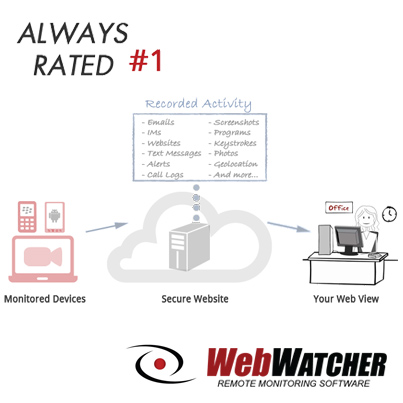Trust in traditional news sources like mainstream newspapers and cable news channels is currently on a downward trend, leading more and more people to seek information outside of mainstream sources – often from internet-based resources like podcasts, blogs, and social media sites. While this is often discussed in terms of adults, the trend is affecting teens too. One way that teenagers are consuming and discussing news, current events, and controversial topics is through Instagram accounts known as “flop” accounts. Here are a few things that parents should know about flops.
What’s a Flop?

Instagram flop accounts post screenshots, pictures, and video of things that are considered flops or fails. Internet fails often involve someone famous or notable saying something embarrassing or offensive in a comment, tweet, or Facebook status, for example. A flop could also be an image, video, or description of a real-life situation in which someone does something embarrassing or offensive. Depending on the point of view of the person posting, almost anything that the poster believes is wrong could be considered a flop.
On Instagram flop accounts, these flop posts are used as a jumping-off point for teens to discuss issues related to the flop at hand. These topics can include politics and politicians, controversial topics like abortion or gun control, or celebrity culture. Flop accounts are typically run by a group of teens, not just one, and the group shares administration, moderation, and posting duties between them.
What’s Wrong With Flops?

In some ways, flops can be seen as positive. Many teens encounter some of the issues they post about and comment on, like LGBT issues or gun violence, in their everyday lives. And teens are only a few years away from being able to vote and interact with society as adults, so it’s important for them to be aware of current events and important issues in today’s world. Flop accounts demonstrate that many teens are aware of these kinds of issues and want to get a handle on their own thoughts, understand other perspectives, and contribute to larger cultural and political conversations.
But while it is generally a positive thing for teens to be well-informed and engage with important issues, there’s no guarantee that teens following flop accounts are going to be well-informed. Remember, the accounts are run by other teens, and are used by teenagers who reject news sources that are typically considered reputable and accurate. It’s not uncommon for these accounts to promote misleading or even outright false information, either accidentally or intentionally. What’s more, when discussions are dominated by teens using mainly memes and other popular internet-based resources, those discussions may lack important context that could be provided by adults or by resources that provide a broader and deeper understanding of the history behind a given issue.
What Should Parents Do?
Flops pose some tricky problems for parents. You may not want to discourage your teen from thinking and talking about important issues with their peers – however, you don’t want them to be duped by false information or base their worldview entirely on Instagram-based discussions that don’t include any deeper context.
It’s important to talk to your teen about the difference between reliable and unreliable sources, and how to tell the difference between the two. Schools can help with this – by high school, teens should be learning how to write research papers using and citing reputable sources, and teens should be encouraged to use these skills not just for academic purposes, but also for researching issues that they care about in their everyday lives. You should also keep an eye on the kind of flops your teen engages with. If you notice harmful, inflammatory, or false content, it’s important to point those things out to your teen and help them find less problematic sources.
Parental monitoring software can help parents keep tabs on the issues their teens are thinking and talking about. You may be surprised to find out what’s really on their minds. If you’re aware of the issues they’re most concerned about, you can help guide their exploration on those topics. Parental monitoring software can help. To find out how, get our free trial.





